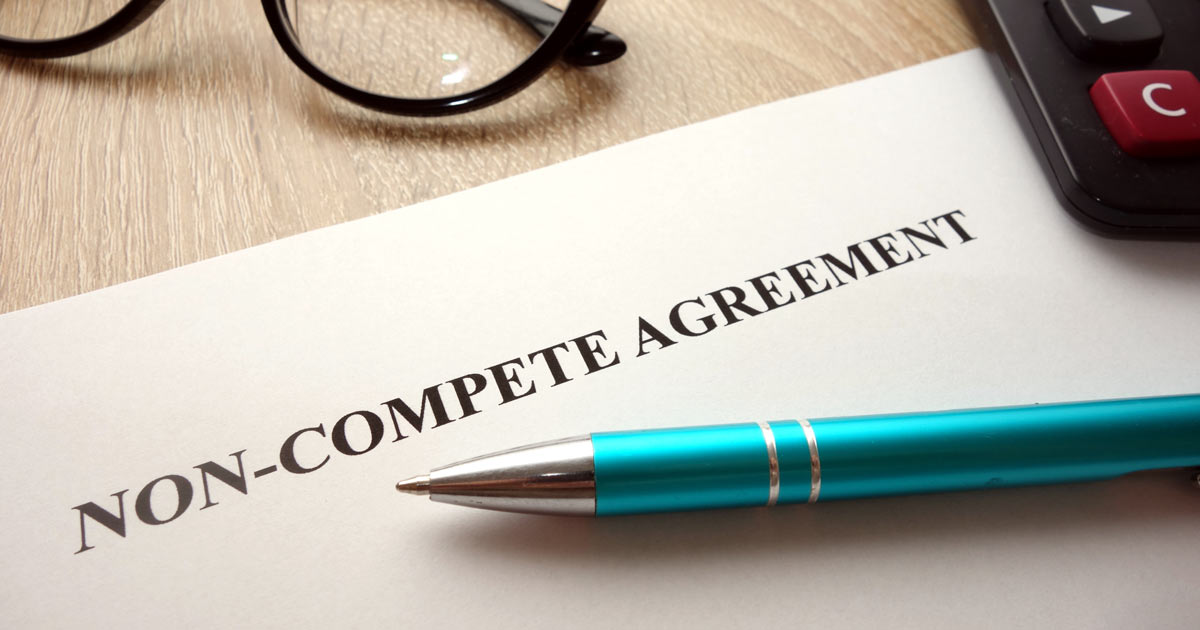Are you Planning to Sell your Business?
You, the business owners, have just signed a “Letter of Intent” to sell your business for $10,000,000, “subject to buyer’s due diligence”. Before you start making retirement plans, let’s determine what that means.
The buyer will require copies of all your accounting and financial records, as well as all agreements and written contracts with your vendors, customers, employees and others with whom you do business. The buyer will forward you a rather lengthy list of items they require. Then, if something does not meet with their satisfaction, they may either terminate the potential transaction, or demand a reduction in the purchase price.
How can you, as the seller, prepare the business so that there are no “surprises”?
Many business owners may come to the point where they feel it is time to sell their business and “take it easy”. Having built and operated a successful business for decades, most owners are very knowledgeable about all aspects of their business. However, most owners have never before acquired or sold a business.
Selling a business is a process. Prior to finding a buyer, the seller should conduct its own due diligence. The seller, together with its legal, accounting, and other advisers, considers the following:
- Whether all organization documents are up to date, such as Articles of Organization, Bylaws (or operating agreement), minutes, and ownership records;
- Whether “key employees” are bound by appropriate confidentiality and non-compete agreements;
- What agreements are in place with key suppliers and key customers;
- Whether employee records are up to date;
- Whether there is a union;
- Whether there are any existing or potential claims against the business;
- Whether the lease for the business premises is satisfactory, and the condition of the business premises;
- Whether there are any environmental issues;
- What obligations the business will have after it is sold;
- Whether there are any issues with accounts receivable or accounts payable; and
- Whether there are any licensing or permit issues.
The foregoing items are just examples of some of the things a seller should be examining before entertaining offers to purchase a business. It is better that the seller recognizes any issues affecting the business before a buyer points them out (and asks for a reduction in the price).
Levin Ginsburg regularly represents both sellers and buyers of businesses. We have developed detailed “due diligence” checklists to help sellers and buyers navigate the sale process. If you would like to discuss a sale or purchase of a business, please contact Morris Saunders or any of our partners in our mergers and acquisitions practice.



